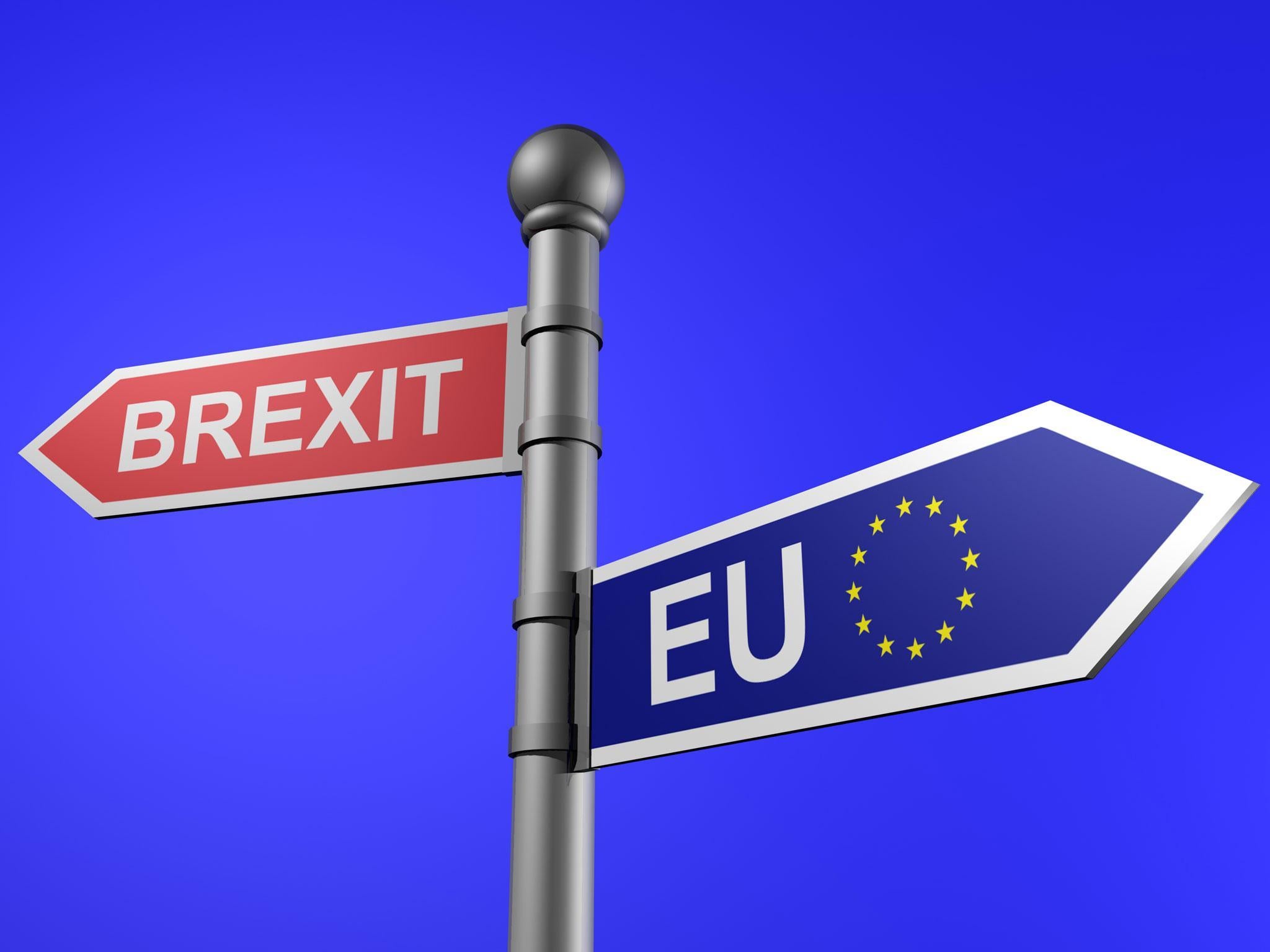Why I'm Out: To be against the EU is not to be against Europe
I love Europe and will continue to feel a part of it, just as many did before 1973. But we can share that closeness, and the many common objectives, while at the same time being a sovereign country


I’m constantly rubbing my eyes. I feel I am living in this Orwellian world where we are made to rethink the past. Britain in the days before we were members of the EU or EEC or Common Market is now painted as this austere, poverty-stricken country on its knees, a country that had no holidays, no workers’ rights and no economy to speak of.
In the last few weeks I have seen government ministers tell us that the EU has given us the benefit of annual leave. Yet I am old enough to remember the world before 1973, and I know that there were annual holidays, just as there are now. Those same people boast almost daily of the workers’ rights that the EU has brought, yet most of those are laws enacted by a British government, just as, by the way, were the laws against racial discrimination (well before our membership of the Common Market) and against sexual discrimination.

And the economy? Well, yes, thanks to 40-plus years EU membership we are the fifth largest economy in the world. And what were we in 1970, three years before joining? We were – guess what – the fifth largest economy in the world.
There’s not really a need to rehearse all the arguments we have heard again and again in recent weeks, the desire to make our own laws, to rid ourselves of the EU bureaucracy, to be able to use for our own services the money we send each week to the EU (OK, it’s not £350m it’s only £100m plus per week… only… ONLY), to be removed from the requirement for free movement of people that membership entails. Free movement that seems to have precious few defenders even among the strongest EU advocates, and has destabilising and even dangerous implications for Britain.
One can be passionately in favour of a multi-cultural society and immigration, but passionately against uncontrolled immigration, though you wouldn’t know it to listen to the IN campaigners.
All those arguments are by now well known. My own additional pitch is that I am fed up both with the prophesies of fear about the future and the rewriting of history about the past. For the future, of course we will be able to find new trade deals. Australia trades with America, Africa and Europe, why on earth shouldn’t we? Of course, we will stay a member of NATO, which ensures our security, and we will continue to share intelligence with other European countries. Would they or we be so stupid as not to continue doing that?
And lastly, let’s nail another growing myth – that to be against the EU is to be against Europe. I love Europe, will continue to visit it regularly and feel a part of it, just as many did before 1973. But we can share that closeness, and the many common objectives, while at the same time being a sovereign country, making our own laws, accepting the many migrants we want from around the world, developing our own trading partners, and, on that harder to articulate, visceral level, glorying in our own identity and character.
David Lister is a founding member of the Independent
The EU referendum debate has so far been characterised by bias, distortion and exaggeration. So until 23 June we we’re running a series of question and answer features that explain the most important issues in a detailed, dispassionate way to help inform your decision.
What is Brexit and why are we having an EU referendum?
Does the UK need to take more control of its sovereignty?
Could the UK media swing the EU referendum one way or another?
Will the UK benefit from being released from EU laws?
Will we gain or lose rights by leaving the European Union?
Will Brexit mean that Europeans have to leave the UK?
Will leaving the EU lead to the break-up of the UK?
What will happen to immigration if there's Brexit?
Will Brexit make the UK more or less safe?
Will the UK benefit from being released from EU laws?
Will leaving the EU save taxpayers money and mean more money for the NHS?
What will Brexit mean for British tourists booking holidays in the EU?
Will Brexit help or damage the environment?
Join our commenting forum
Join thought-provoking conversations, follow other Independent readers and see their replies
Comments
Bookmark popover
Removed from bookmarks